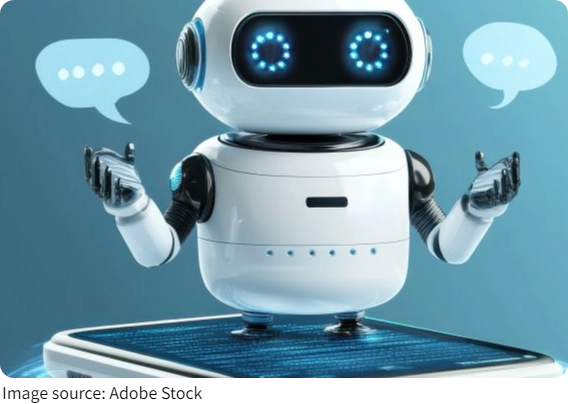Digital Health Revolution

Hey Lykkers! Have you ever thought about how much technology has changed the way we take care of our health?
From booking doctor appointments online to checking our heart rate with a smartwatch—our lives are already deeply connected to the digital world.
Today, let's explore how the internet and big data are helping us improve remote healthcare and personal health management, one smart step at a time.
What Exactly Is Remote Healthcare?
Remote healthcare—also called telemedicine—means we can talk to doctors, get advice, and even receive treatment without stepping into a clinic. With just a smartphone or a computer, we can have video consultations, share medical records, and monitor health conditions. This has been a game-changer for people living in rural areas, those with mobility issues, or anyone just trying to avoid crowded hospitals.
Why Big Data Matters
Big data is more than just a tech buzzword. It refers to the massive amounts of health information collected from apps, devices, hospitals, and even insurance systems. This data helps doctors and researchers find patterns—like how certain conditions develop or which treatments work best. It's like having a giant puzzle where every piece gives us a clearer picture of our health.
Making Health More Personal
Thanks to data, healthcare is becoming more tailored to each of us. For example, our smartwatches can track sleep, heart rate, and physical activity. This data can be sent to apps that offer tips or alert us if something seems off. Over time, these tools can build a personalized health plan, helping us make better choices based on our real habits—not just general advice.
Better Decisions for Doctors
Doctors now have access to tools that analyze our health history, test results, and even family background. With this support, they can make quicker, more accurate decisions. Say we have unusual blood pressure readings—AI-powered systems can flag this early, suggest reasons, and even recommend next steps before things get serious.
Faster Emergency Response
In emergencies, timing is everything. Remote systems and connected devices can send alerts directly to medical teams. Some devices even call for help if they detect danger—like a sudden drop in heart rate or a fall. This tech can literally save lives, especially for elderly patients who live alone.
Remote Monitoring for Chronic Illness
For people with diabetes, heart conditions, or high blood pressure, regular check-ups can be hard to manage. That's where remote monitoring comes in. Patients can measure their own stats at home and send updates to their doctors through an app. If something looks wrong, the doctor can step in—without waiting for the next appointment.
Privacy Still Matters
Of course, with so much personal health data floating around, we need to protect our privacy. That's why healthcare companies and platforms are putting stronger rules in place to keep our data safe. We should also be careful about which apps we use and always check how our information is stored or shared.
The Role of Health Apps
Apps are a big part of this digital health shift. From tracking calories to reminding us to take medicine, there's an app for almost everything. Some apps connect directly to wearable devices, giving us real-time feedback on our fitness, sleep, and more. The key is using these tools consistently and wisely to build healthier routines.

The Future of Home Healthcare
We're moving toward a future where more health services can happen at home. Imagine getting test kits delivered, checking your results online, and chatting with your doctor without leaving your sofa. It's already happening in many places, and as technology grows, it'll become even more common—and more affordable.
Wrapping It Up
So Lykkers, the internet and big data aren't just techy trends—they're real tools changing how we take care of ourselves and each other. From early diagnosis to daily health tracking, these digital helpers are making healthcare easier, faster, and smarter for everyone.
What do you think? Have you tried using a health app or had a video call with a doctor? Let us know—we'd love to hear your experiences as we all learn to take better care of our health, together!
-
 5G & IoT Evolution5G is Changing the IoT Game—But What Are the Challenges We Must Overcome?
5G & IoT Evolution5G is Changing the IoT Game—But What Are the Challenges We Must Overcome? -
 Smart Farming TechnologyHow IoT is Revolutionizing Agriculture to Boost Efficiency and Cut Waste—Discover the Future of Farming!
Smart Farming TechnologyHow IoT is Revolutionizing Agriculture to Boost Efficiency and Cut Waste—Discover the Future of Farming! -
 Exploring Space WondersReady for Space Exploration? Discover the Fascinating Journey Beyond Earth and What It Means for Us!
Exploring Space WondersReady for Space Exploration? Discover the Fascinating Journey Beyond Earth and What It Means for Us!